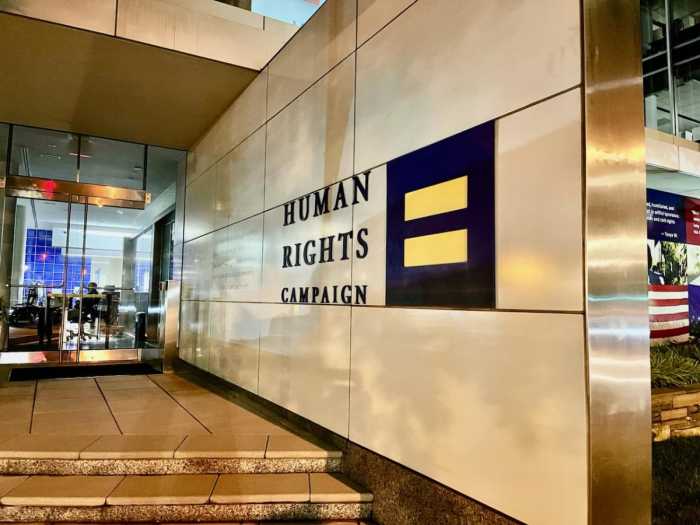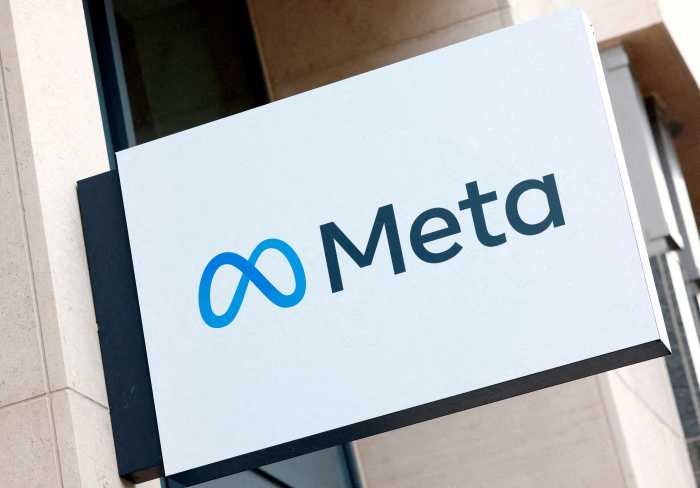Grindr and its employees are embroiled in a heated battle nearly two months after staffers first announced a unionization drive that led to internal policy changes and multiple unfair labor practice charges accusing the company of silencing workers and wrongfully pushing them out.
Communications Workers of America, which is representing Grindr employees in their quest for recognition, said Grindr’s management retaliated against workers after they announced their plan to unionize in July. The company imposed a new policy stipulating that workers from certain departments must return to the office at least twice per week at an assigned office in certain “hub” cities such as New York, Chicago, Los Angeles, or San Francisco, according to the Communications Workers of America and Grindr United-CWA.
The unionization drive is particularly notable because Grindr has served as a major network for the LGBTQ community since the app launched in 2009. The LGBTQ dating and hookup app has millions of users around the world who are able to utilize its location-based technology to connect with others near them.
Workers at Grindr who already lived within a daily commuting distance from their assigned hub but did not want to commute were given two months’ severance, while those who lived elsewhere and did not want to relocate were given six months’ severance, according to a memo to employees that was shared with Gay City News. The memo was only signed by “George,” which is presumably George Arison, the company’s out gay CEO.
By the final day of August, 80 out of 178 workers had to resign, including those who had accommodations under the Americans with Disabilities Act of 1990, Grindr United-CWA said, and on Aug. 4 the union filed an unfair labor practice charge with the National Labor Relations Board over what they called a “retaliatory layoff policy.” Another unfair labor practice charge asserted that Grindr management refused to hear out employees when they hosted a Zoom meeting to announce the new return-to-office policy.
“Employee questions submitted via the chat function were ignored and the call ended before workers had an opportunity to ask for clarification,” the union stated. “During the next All Hands meeting on August 17th, workers were also silenced, as management muted attendees.”
The charge further accused Grindr of pushing severance packages that ran afoul of the law and sought to prevent workers from speaking out about their work environment.
“It is unimaginably disappointing that dozens of our colleagues have had to leave their jobs because Grindr management did not want to sit down with workers and respect our right to organize,” Erick Cortez, knowledge specialist and member of Grindr United-CWA, said in a written statement. “Grindr has chosen to establish itself as union-busters by hiring Littler Mendelson, enforcing a retaliatory RTO mandate, and silencing workers through unlawful severance agreements. These decisions have left Grindr dangerously understaffed and raises questions about the safety, security and stability of the app for users. It is clear Grindr wants workers to be silenced and deterred from exercising our right to organize, regardless of the expense. We will persist and continue to organize and establish a stronger company for workers and users.”
Responding to an inquiry from Gay City News, Grindr spokesperson Alex Edel said the “latest claims” by the union “have no merit.”
“We have full confidence in our team and their ability to continue to drive the business forward and make the world and lives of our users freer, more tolerant, and more just,” Edel said. “We are looking forward to returning to the office in a hybrid model in October and further improving productivity and collaboration for our entire team. Our business and financial performance continue to be very positive. We recently raised our annual guidance and are excited about the innovative product initiatives and the growth outlook for Grindr heading into 2024.”
Grindr employees listed several issues they sought to address when they first announced the unionization push in July. Trans-inclusive care, remote work options, and “clear protections against layoffs” were among the issues cited, as well as a request to stop retaliatory actions.
Arison, the CEO, has a history supporting anti-LGBTQ figures such as former president Donald Trump and Virginia Governor Glenn Youngkin — and last year Arison said Youngkin should run for president. When they kicked off their labor effort, Grindr workers said their company’s “leadership has not adequately taken a stand against discrimination, disenfranchisement, or the erosion of the rights of trans individuals CEO and his beliefs.”
“Together, we’re committed to creating a stronger, more inclusive Grindr for workers and users,” Cortez said in July.

































